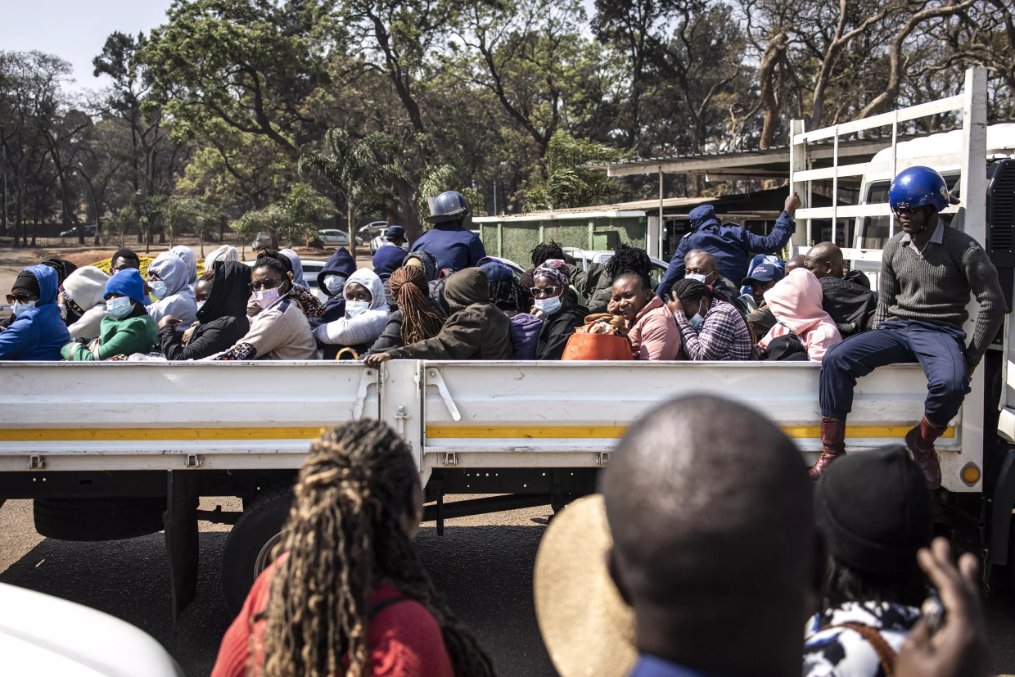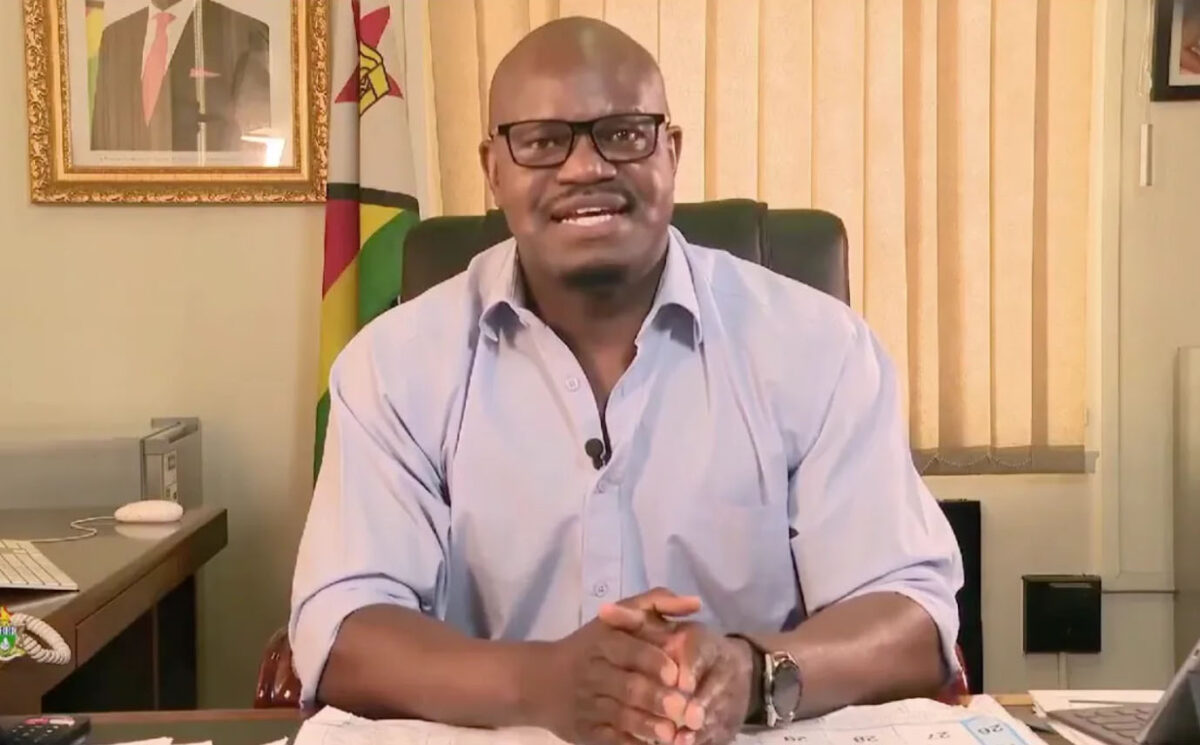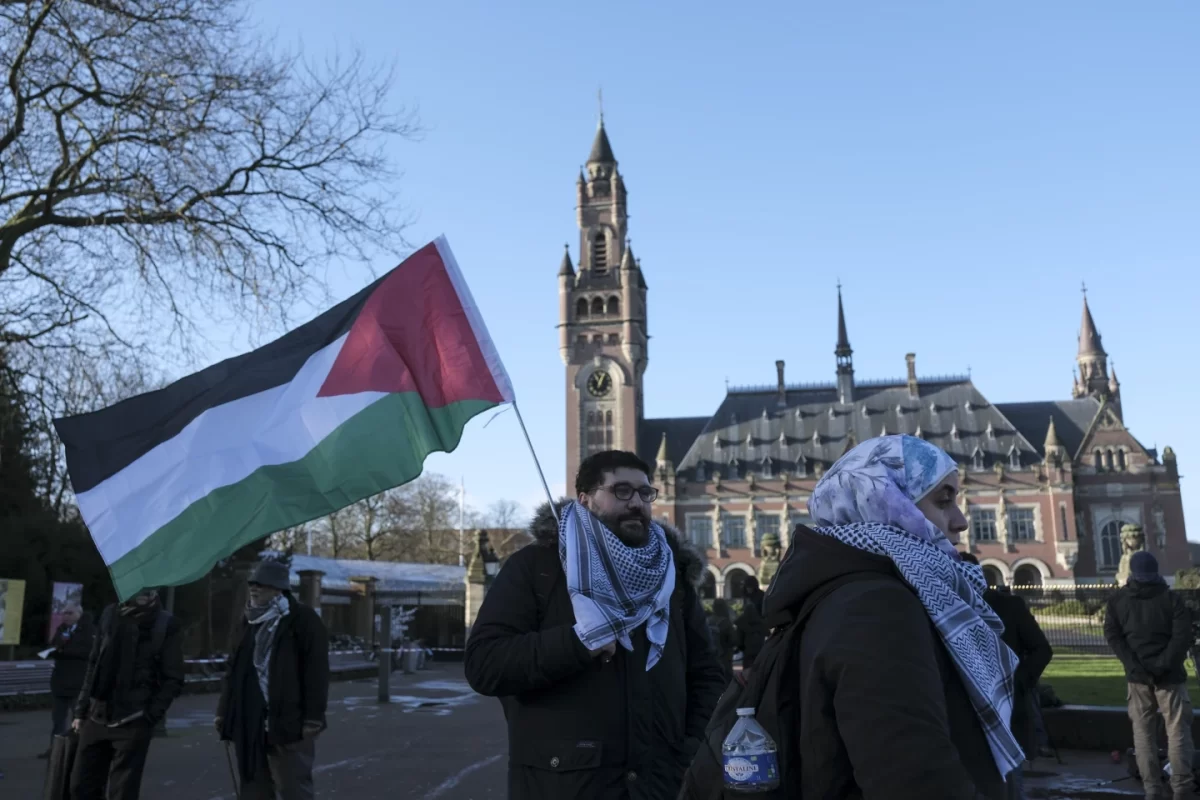HARARE – The 35 local election observers seized during raids by police on the day of Zimbabwe’s harmonised elections last month have challenged their placement on remand arguing that their arrest was unlawful.
The group comprises hired experts and employees from the Zimbabwe Election Support Network (ZESN) and the Election Resource Centre (ERC).
They are accused of running a parallel vote tabulation exercise with intentions to publicise the outcome in violation of the country’s electoral laws.
A Harare magistrate has directed their lawyers to submit written submissions to their prayer with the ruling set for October 6.
On their initial remand, the observers raised complaints over the manner in which they were arrested.
They argued they were degraded and humiliated by police who forced them to lie on their stomachs while their phones were seized and scrolled by the law enforcement agents.
Court then ordered the state to investigate the complaints but it has emerged that nothing has been done yet.
Human rights lawyer Alec Muchadehama said investigations should be done for completeness of the record.
“We made the complaint to the court, the court ordered that the state investigate those complaints and provide a report to the court today.
“We want the state to produce that report for purposes of complying with that court order,” Muchadehama said.
Investigations were supposed to have been completed by September 7, 2023.
Muchadehama also said his clients did not even know who the witnesses in their case were and yet part of their bail conditions were that they should not interfere with witnesses.
“It seems like the state has no witness, it was easy if the state said don’t interfere with A, B and C.
“The accused should be removed from remand because of the delay, the state did not answer the question why the accused should be on remand.
“As the law says that every remand must be justified,” Muchadehama said.
Prosecuting, Pardon Dziva said investigations were ongoing.
“As we speak, we are still investigating, the current position is that we are not in possession of that report,” Dziva said.
He said he will go through the records to see what really transpired in order to come up with witnesses.
The observers complained that they were tortured before they were brought to court.
Muchadehama said they were made to lie on their stomachs while their cell phones, laptops and other gadgets they were using were taken away.
“They were held incommunicado. Upon being taken illegally, the police seized each of the accused persons’ personal cell phones, asked for the passwords, switched them off and put some on flight mode before they took them away.
“They were not able to communicate with their spouses, relatives, legal practitioners, doctors or anyone else.
“This is a clear violation of the Constitution which prescribes that an accused person must be able to communicate with the outside world upon arrest,” said Muchadehama.
He also said his clients were detained in stinky cells full of bugs with no blankets.
















